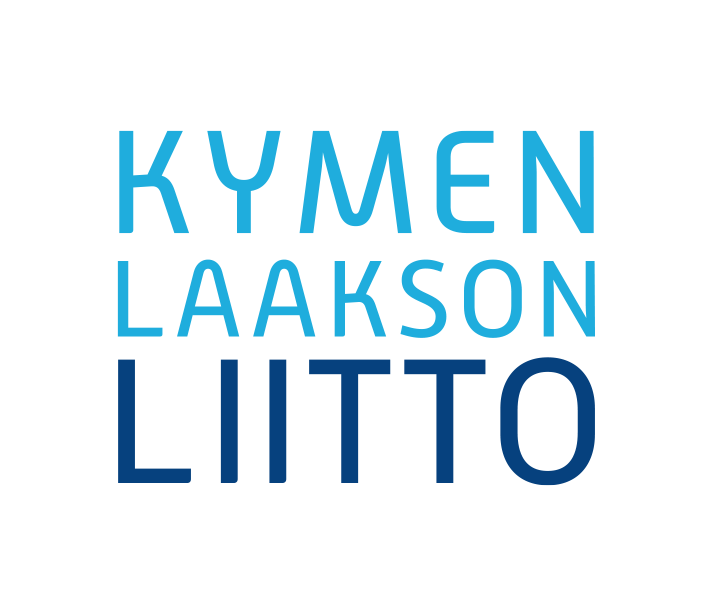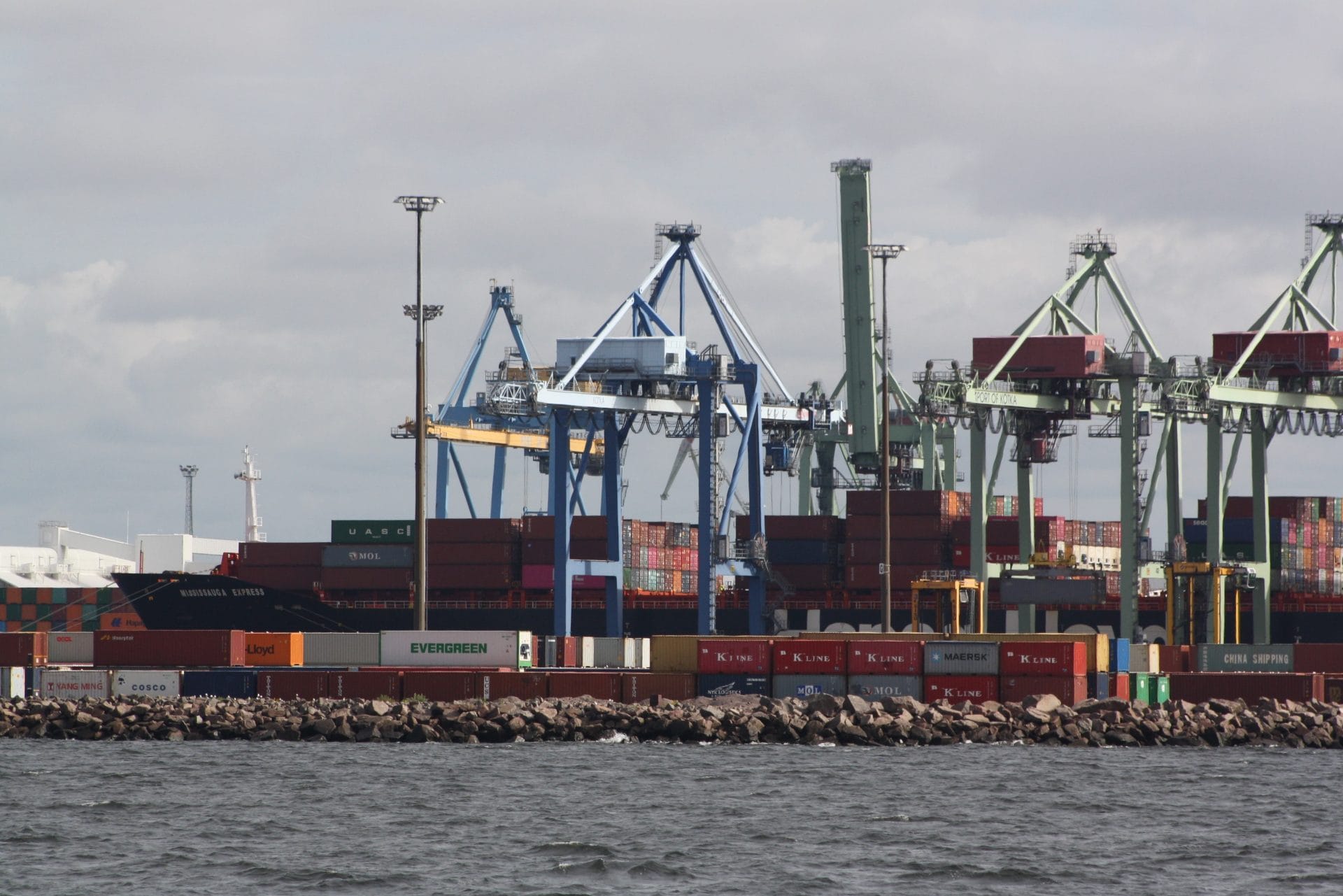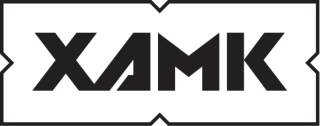


MERPOL
Renewable fuels – Support for the Sustainable and Carbon-neutral Growth of Maritime Transport
The aim of the project is to reduce emissions from shipping by exploring the possibilities of using synthetic fuels instead of fossil fuels.
This will be aimed at through life-cycle and total cost analyses in cooperation with industry and shipowners.
We create a tool to compare alternative marine fuels
MERPOL studies the energy transition in shipping
Shipping still relies heavily on fossil fuels. However, stricter environmental regulation requires the industry to gradually move towards alternative energy sources. These include bio-oils and gases such as HVO (hydrotreated vegetable oil), FAME (fatty acid methyl ester) and liquefied biogas, and synthetic fuels such as synthetic ammonia, methane and methanol.
Biofuel feedstocks can include food crops, cellulose, waste or residues. Synthetic fuels can be made from hydrogen produced by electrolysis using electrical energy. In order to produce these so-called electrofuels without emissions, electricity must come from renewable energy sources.
Finland is well placed to deploy hydrogen-based solutions: a strong electricity grid, rapid expansion of wind power, a heavy industry producing carbon dioxide, a well-developed infrastructure and the potential to use an extensive district heating network as part of production processes.
Aiming to reduce emissions from shipping
Most of the emissions from marine fossil fuels are generated when the fuels are burned in the ship’s engine. In contrast, the greenhouse gas emissions of alternative fuels depend essentially on the production process.
Emissions from bio-based fuels are most affected by the feedstock, while emissions from e-fuels are affected by whether the hydrogen used as feedstock is produced from renewable energy.
When studying alternative fuels, it is therefore important to carry out life cycle analyses (LCAs) to calculate the emissions over the entire life cycle of the fuel.
Shipowners, for their part, need to take into account the total cost of ownership (TCO) of the fuel when making investment decisions. Life cycle costs include investment costs, such as investment in the engine, and operational costs, such as fuel costs and emissions allowances.
Main activities
The project will study the life cycle emissions and costs of alternative marine fuels using LCA and TCO methods. The project will develop an Excel-tool that allows the user to view the life cycle costs of different fuel solutions.
The tool will also allow comparing fuels from the perspective of EU environmental legislation.
The tool is specifically intended for use by industry, such as fuel producers, shipowners and public authorities.
.
.
Publications
Peer reviewed articles:
- Developing sustainable shipping and maritime transport: multi-criteria analysis between emission abatement methods
Elias Altarriba, Sirpa Rahiala, Taru Tanhuanpää, Marko Piispa, Proceedings of the institution of mechanical engineers, part M: Journal of engineering for the maritime environment, published online - Open-loop scrubbers and restricted waterways: a case study investigation of Travemünde port and increased sulphur emissions immediately after the scrubbers are turned off
Elias Altarriba, Sirpa Rahiala, Taru Tanhuanpää, International journal on marine navigation and safety of sea transportation, vol. 17(2), 2023
Thesis:
- Alternative fuel emissions with regards to European Union’s emissions trading system and fuel EU proposal
Tri Lui, Bachelor’s thesis, Xamk, 2023
Generic articles:
- Avoimen kierron rikkipesurit ovat tehokas mutta kiistelty teknologia
Elias Altarriba, Xamk READ 3b/2023 - Vihreä siirtymä muuttaa merenkulkua valtavasti lähivuosikymmeninä
Taru Tanhuanpää, Xamk READ 3b/2023 - Xamkissa tutkitaan vaihtoehtoisten polttoaineiden tarjoamia mahdollisuuksia
Taru Tanhuanpää, Xamk READ 3b/2023 - MERPOL perehtyy merenkulun energiamurrokseen
Elias Altarriba, Xamk READ 2/2023 - Mittauksilla kiinni merenkulun päästövähennyksiin
Elias Altarriba & Sirpa Rahiala, Xamk READ 1/2023




